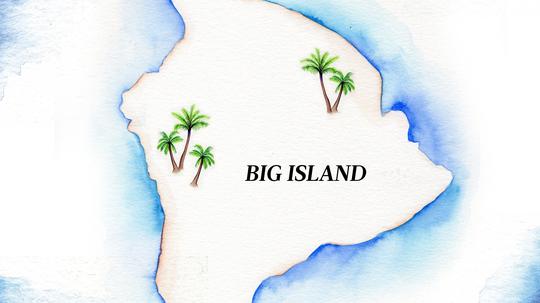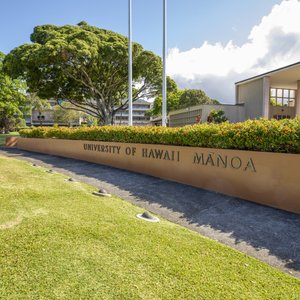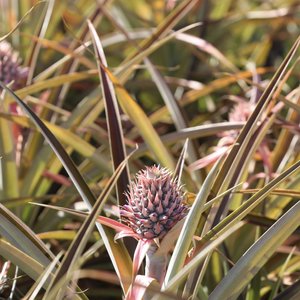
A coalition led by Hawaii County was named one of 60 finalists for the U.S. Economic Development Administration's $1 billion Build Back Better Regional Challenge, officials announced Monday.
The Build Back Better Regional Challenge is the marquee of the EDA's American Rescue Act programs, and phase two will award 20-30 regional coalitions up to $100 million to implement three to eight projects that support an industry sector.
The finalists announced this week were chosen from 529 applicants and will each receive a $500,000 grant to further develop their proposed projects.
According to the EDA, the Hawaii Island coalition is looking to build a "robust agricultural economy that corrects past systemic barriers to growth that are unique to an island market, while also helping the island respond to economic downturns due to the pandemic and natural disasters."
The goal of the project is to divert 20% of Hawaii's food imports to local producers, the administration said, which will create thousands of new jobs and stimulate the specialty export market, it said.
"Obviously, [we are] very excited to have been one of 60 in the country to be awarded this phase one amount, and the purpose of this amount is to help us develop our phase two application for the larger amount [of funding]," Douglass Adams, director of Hawaii County Department of Research and Development, said.
Along with the Hawaii County Department of Research and Development, the Hawaii Island coalition members include The Food Basket; The Hamakua Institute; The Kohala Center; Maona Community Garden; Big Island Resource Conservation and Development Council; East Hawaii Community Development Corp.; and University of Hawaii, under which falls the UH College of Agriculture, Forestry & Natural Resource Management, Aquaculture & Coastal Resources Center, UH College of Tropical Agriculture and Human Resources, and the Big Island Invasive Species Committee, among other organizations.
Adams said the county has a large and complex agricultural and food security system – which includes food production, distribution and consumers – and the aim is to figure out which programs and projects will be able to leverage the system "to make it more robust and make it secure."
The funding could be "game changing for us in a number of ways," Adams said. "We learned a lot through the emergencies that have occurred over the last four years in particular and the idea is let's see what we can fix, what we can improve, so that when we start talking about the amount of food we provide for our selves, we're no longer talking about having to import 90% of our food."
“This announcement is great news for the Big Island and the state,” U.S. Sen. Brian Schatz, a member of the Senate Appropriations Committee, said in a statement. “Investing in agriculture will create jobs, support families, and grow our local economy. I’ll do everything I can to get this application over the finish line and make sure Hawaii secures this federal funding.”
The deadline for phase two is March 15.
Adams said department staff and coalition members began to prepare for the next phase prior to being named a finalist.
Among other elements, the group will look at value chain, market and workforce development efforts, as well as metrics by which to measure progress.
"[We are] making sure we're able to leverage these funds to enhance and improve our food system," he said. "... We can't fix all of it. What we want to do is try to fix or improve the areas with the biggest impact."
Adams said it was too early to estimate how much grant funding the coalition will seek in phase two.



